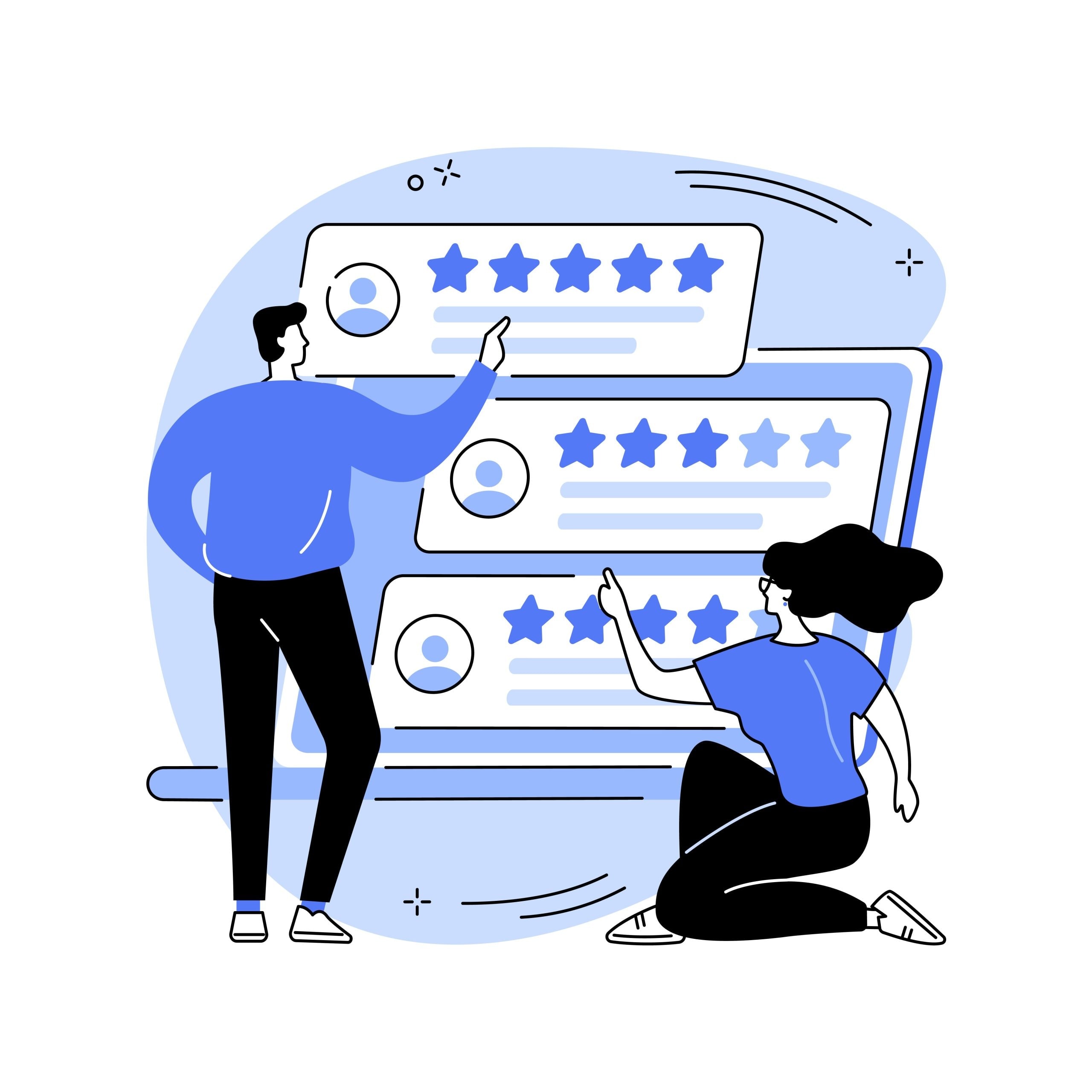
Share
Welcome back to affiliate 101! Today’s topic – all the different types of affiliates you can work with. For anyone just starting to get into affiliate marketing, don’t be wary of learning the ins and outs of the industry. With a little research and a lot of practice, you can get started building a profitable program in no time. But before you get too deep into it, you should have a thorough understanding of the the benefits and drawbacks of working with different partners. To help decipher how various affiliates drive traffic and revenue for your program, we’ve come up with a classification system that categorizes affiliates based on what kind of content they make and how they funnel customers to your products. The type(s) and ratio of affiliates you recruit will play a pivotal role in the way your program plays out. Building a diverse program that incorporates a blend of affiliate classifications catered to your specific KPIs and objectives will help you operate your affiliate portfolio with high-level strategy that guides you to profitability.
Content Affiliates
This includes anything from bloggers, vloggers, news publishers, and corporate or freelance website owners who create high-quality, engaging content related to a specific niche. They often incorporate affiliate links within their content to drive traffic and generate sales.
Pros
Increase your brand’s digital presence and reputation while supporting organic traffic to your website. Evergreen pieces (content with no set end date) provide long-term exposure and have a high potential to continue to reach new audiences down the line.
Cons
To build a profitable relationship with prolific content creators you have to have initial means of getting connected with someone from their team and you have to dedicate time and effort to developing that relationship to get in a position where you’re able to negotiate and optimize with the affiliate to have a higher return on investment. Some publishers give preference to current partners and are more selective working with new advertisers so competition (& commission rate) is typically high for these content opportunities.
Influencers
With the power social media holds over consumers’ purchasing decisions and shopping habits, brands can leverage the massive followings of certain social media influencers to take a targeted marketing approach and reach their audience through creators they already have a relationship with and trust.
Pros
Extend your message to a larger audience than your brand’s and connect with an established community of like minded individuals. Build off the trust of their followers and let the creator infuse their personality into the promotion to develop an authentic endorsement that resonates with their audience.
Cons
Depending which influencers you’re trying to work with, they may be out of reach. Influencers quickly amass fame, so working with micro influencers has the potential to pay off long-term if you start promoting with them when they’re small and they gain popularity. Creators with millions of followers are able to charge higher fees for their reach and engagement.
Another potential drawback is the volatility of the influencer industry. With a quick rise to fame, not everyone gets there and stays there. Many influencers’ time at the top is fleeting and they get recycled for new creators when their time is up. Influencers are often the target of tabloids and drama, so it’s also important to make sure your brand isn’t guilty by association by picking influencers who align with your brand’s vision and values.
Sub-Affiliate Networks
These networks act as intermediaries between advertisers and smaller affiliates. They recruit and manage affiliates on behalf of advertisers, providing a platform for collaboration. This can be really useful to automate your affiliate marketing program and limit manual involvement and interactions with affiliates.
Pros
The best part of working with sub-affiliates is not doing as much work. With streamlined management, you’re able to “manage” hundreds of affiliates while really just managing your relationship and communication with one. Gain a wide reach and leverage the support of the sub-affiliate network to recruit affiliates to your program for you.
Cons
In removing yourself from the seat of management, you basically give up control. You’re limited to your communication with the sub-affiliate and not directly with the affiliates so you don’t have stringent control over the messaging and quality they put out on your behalf. You’ll also have to pay two parties in the end – the affiliate and the network commission fee.
Tech Affiliates
Technology affiliates specialize in promoting products and services that help brands work with affiliates more effectively and manage their programs more efficiently. Tech affiliates can provide automated solutions for data-analytics, to address individual client concerns like retargeting cart abandonment, increasing email opt-ins, managing affiliate links, and so much more.
Pros
Gain access to niche tools and resources that address your brand’s specific needs and free up your time in turn to shift to more valuable tasks relating to the success of your brand. Leave the software development to the professionals and invest in turnkey solutions to create value and innovation for your business.
Cons
Technology affiliates can lean on the pricier side for partnership opportunities but they are truly geared towards improving user experience and alleviating your brand of inconveniences and issues preventing users from converting successfully which may make it worth the investment in the long-run.
Review and Comparison Sites
These types of websites offer full evaluations of products typically in a specific niche like beauty products, for example. They help users make informed purchasing decisions by providing their experience, detailed product information, and a link to the product on the advertiser’s website.
Pros
You can leverage the trust and rapport the review site has with its readers to gain favor in their audience’s eyes and also reach a targeted audience interested in your type of product. You will also benefit from investing in a professional review article because these affiliates are pros at SEO and will optimize the content to get organic traffic.
Cons
You leave it up to the affiliate a bit on this one too. You can give a reviewal site a free product and they might hate it. The possibility that an affiliate writes a negative review is rare, because they’re incentivized to have the piece perform well and entice readers to buy since they’d earn a commission, but it’s not impossible. The best advice for avoiding a bad review is to do your research on the review site and to make sure you emphasize the benefits they’ll receive if their piece generates sales.
Shopping Sites
Shopping sites are dedicated to showcasing and selling a wide range of products. These affiliates focus on creating a seamless shopping experience for their audience. They let shoppers browse through numerous product categories and find new brands and products easily.
Pros
Reach ready to buy shoppers that are geared up for e-commerce. This type of affiliate takes a bottom-funnel approach by targeting users who are actively looking to make a purchase. Working with shopping sites as an e-commerce brand is extremely easy to get integrated and optimizing the relationship can lead to high returns and cost-effective promotion.
Cons
Competition in securing a new partnership with these affiliates can be difficult for brands if they don’t already have connections with the publisher’s partnerships team. There are a handful of extremely large and prolific shopping affiliates, such as Honey. With a high demand to work with these affiliates, opportunities for new partners are limited.
Loyalty and Discount Sites
These affiliates focus on providing exclusive deals, coupons, and loyalty programs to their users. Their main aim is to incentivize repeat purchases and customer loyalty which can drive immense profitability for brands’ affiliate programs.
Pros
Similarly to shopping sites, loyalty affiliates target bottom of the funnel conversions by converting ready to purchase customers. Collaborating with these sites can ultimately foster new customer acquisition and increase the LTV of current customers by driving brand loyalty and repeat purchasing with long-term rewards.
Cons
The biggest drawback of working with discount sites is that you’re operating under a different pricing model. You’re incentivizing customers by providing an exclusive deal which impacts your margins on each sale.
PPC Affiliates
PPC, or pay per click, means you are paying for a click on the advertisement as opposed to paying when an affiliate drives a sale which is how most other affiliates work. However, depending on your goals PPC might be relevant for your affiliate marketing campaign. PPC campaigns can go live on websites, social media platforms, or any digital channel.
Pros
Immediate, predictable results. With PPC campaigns, you pay for what you get, and you can generate traffic instantly if you want to. You have a good deal of flexibility and control over targeting specific demographics and keywords. Another advantage of PPC campaigns is that if a campaign is performing well, it’s easy to invest more to gain more from that promotion. Conversely, if an ad isn’t doing so well you can immediately take it down and save costs.
Cons
The biggest reservation with PPC marketing is that it can get expensive and still not be leading to the greatest conversions. Since you’re paying for clicks instead of conversions, the cost per action is lower but you aren’t guaranteed to generate any actual sales. The performance of a PPC campaign relies on the expertise of the composition of the message, keywords, and scheduling.
When it comes to affiliate marketing, each classification of affiliates brings its unique strengths and advantages to the table. Understanding the pros and cons of working with all the different affiliate classifications will help you make informed decisions about which types of affiliates are best suited to your business goals and target audience. By harnessing the power of diverse affiliates, you can expand your reach, drive sales, and build long-term partnerships in the dynamic world of affiliate marketing.





